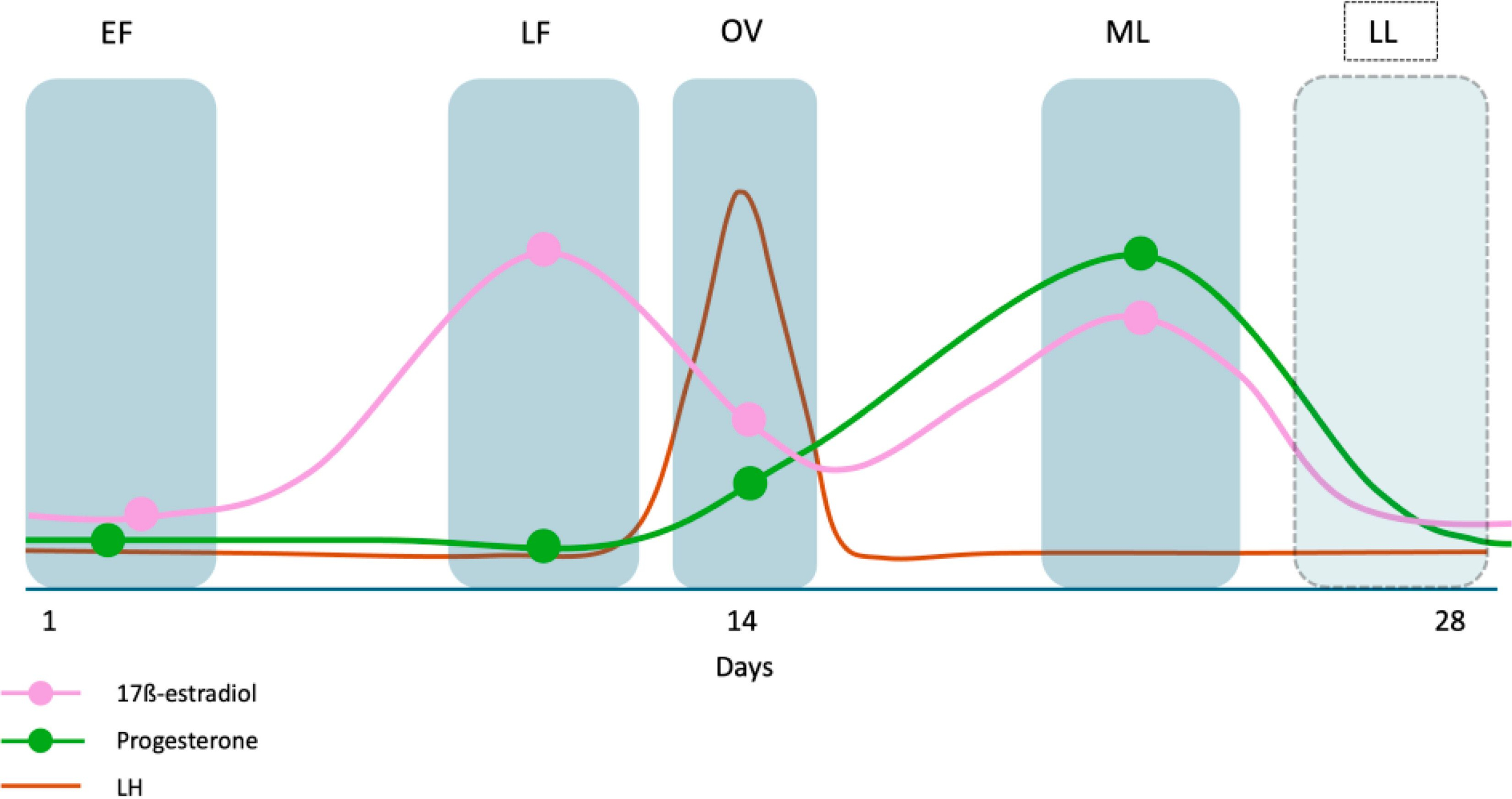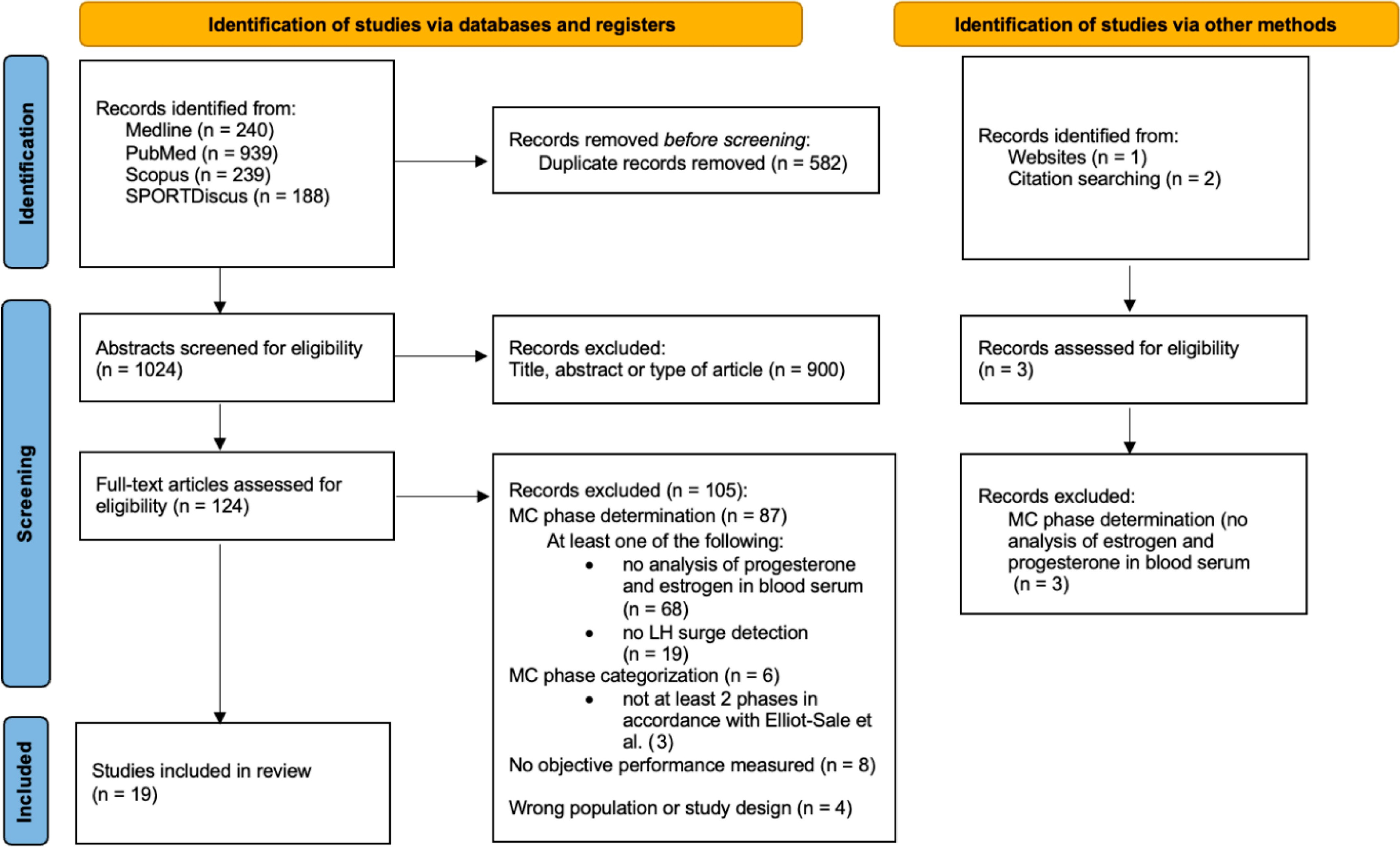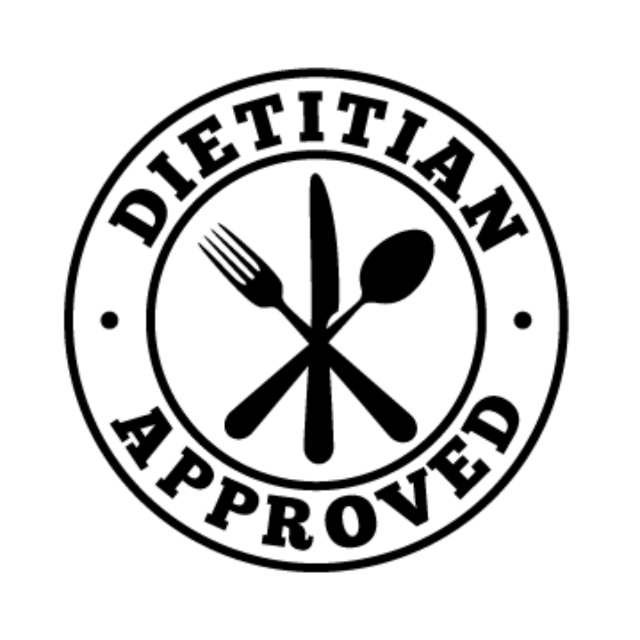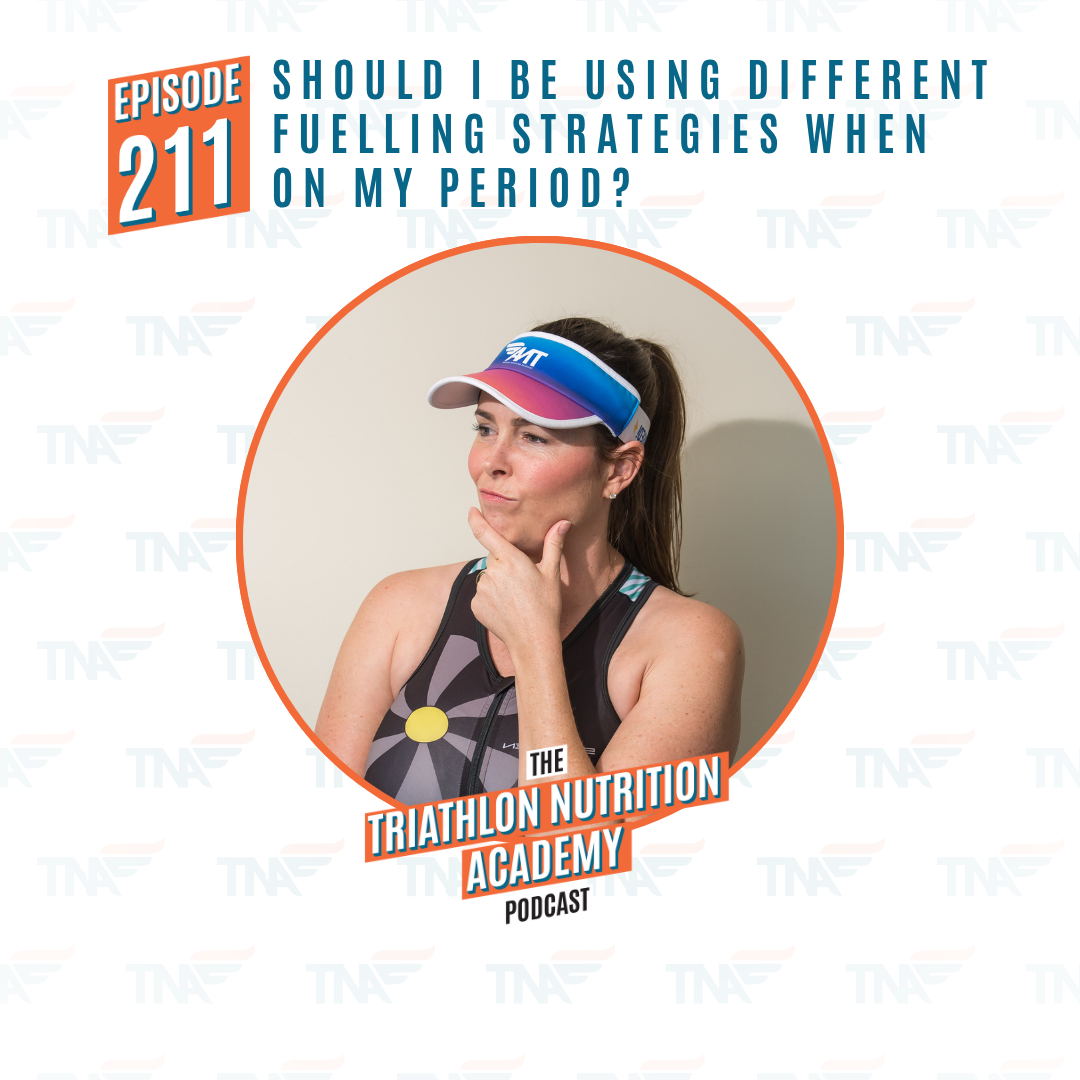Episode 211 - Should I Be Using Different Fuelling Strategies When On My Period?
Should I Be Using Different Fuelling Strategies When On My Period?
Are your hormones hijacking your training? If you've ever felt off during certain weeks of your cycle and wondered if your nutrition needs to change, you're not alone.
This week, we're tackling one of the most common questions from female triathletes: should you be fuelling differently during your period? With new research emerging, it's time to bust some myths and cut through the confusion.
You'll learn:
-
What the science actually says about performance across the menstrual cycle
-
Why your luteal and follicular phases might affect more than just your mood
-
Practical tips to help you tweak your nutrition when (and if) you need to
This episode will help you feel more confident and in control of your body, your training and your nutrition, no matter where you are in your cycle.


Links:
McNulty, K. L., Elliott-Sale, K. J., Dolan, E., Swinton, P. A., Ansdell, P., Goodall, S., Thomas, K., & Hicks, K. M. (2020). The effects of menstrual cycle phase on exercise performance in eumenorrheic women: A systematic review and meta-analysis. Sports Medicine, 50(10), 1813–1827. https://doi.org/10.1007/s40279-020-01319-3
Schlie, J., Krassowski, V., & Schmidt, A. (2025). Effects of menstrual cycle phases on athletic performance and related physiological outcomes: A systematic review of studies using high methodological standards. Journal of Applied Physiology. https://doi.org/10.1152/japplphysiol.00223.2025
Check how well you’re doing when it comes to your nutrition with our 50 Step Checklist to Triathlon Nutrition Mastery
Start working on your nutrition now with my Triathlon Nutrition Kickstart course
It’s for you if you’re a triathlete and you feel like you’ve got your training under control and you’re ready to layer in your nutrition. It's your warmup on the path to becoming a SUPERCHARGED triathlete – woohoo!
Connect with me:
To learn more about the Triathlon Nutrition Academy, head HERE | dietitianapproved.com/academy
See behind-the-scenes action on Instagram: @dietitian.approved
Follow along on Facebook: @DietitianApproved
Join our FREE Dietitian Approved Crew Facebook group
Enjoying the podcast?
Let me know what you loved about it and what you learnt by tagging me @dietitian.approved on Instagram!
Subscribe & Review in Apple Podcast!
Are you subscribed to the podcast?
If not, today's the day! I'm sharing practical, evidence-based nutrition advice to help you nail your nutrition and I don't want you to miss an episode. Click here to subscribe to iTunes!
Now if you’re feeling extra warm and fuzzy, I would be so grateful if you left me a review over on iTunes, too. Those reviews help other people find my podcast and quality nutrition advice. Plus they add a little sparkle to my day.
CLICK HERE to review, select “Ratings and Reviews” and “Write a Review” and let me know what your favourite part of the podcast is.
You're awesome! Thank you!
Episode Transcription
Episode 211: Should I Be Using Different Fuelling Strategies When On My Period?
Welcome to the Triathlon Nutrition Academy podcast. The show designed to serve you up evidence-based sports nutrition advice from the experts. Hi, I'm your host Taryn, Accredited Practicing Dietitian, Advanced Sports Dietitian and founder of Dietitian Approved. Listen as I break down the latest evidence to give you practical, easy-to-digest strategies to train hard, recover faster and perform at your best. You have so much potential, and I want to help you unlock that with the power of nutrition. Let's get into it.
Taryn Richardson (00:00)
You know I'm all about taking the guesswork out of triathlon nutrition. And today's episode is for the female athlete who's wondering, should I be doing something different with my nutrition when I'm on my period? It's a great question because hormones do shift throughout the month, and that can influence metabolism, hydration, cravings, gut function, recovery, and sleep.
But does that mean you need to have a completely different fueling plan?
In today's episode, we're going to dive into some of the science, debunk some myths, and as always, I'm going to give you some practical tips to help you feel more in control with your training and nutrition, whatever cycle you're on.
So before we go too much further, let's just take a very quick refresher of the menstrual cycle. There are four key phases. We have the menstruation part, day one to five, but for people that can vary, it can be three days, it can be seven days. And here our hormones are low. Estrogen and progesterone are quite low. We have our follicular phase, which starts at day one and goes to about day 14, where our estrogen levels are rising. Then we have ovulation, somewhere in the middle. Textbook, it's day 14, where our estrogen peaks, as well as our luteinizing hormone and our follicle-stimulating hormone.
And then after ovulation, we have our luteal phase. Textbook, it's day 15 to 28. And here our progesterone levels and our estrogen levels are both elevated. Now, this is an example of a textbook 28-day cycle, but cycle length can vary widely from 21-day cycles up to 35-day cycles, and even at an individual level, they can range each month as well.
Now, if you're a visual person like me and you want to make sense of that, what I've done is put a nice little visual of those fluctuations of our hormones during the phases of the menstrual cycle up on my website. If you head to dietitianapproved.com/211, which is the landing page for this episode, you can have a look at that to understand what I'm talking about when I'm talking about, say, the follicular phase or the luteal phase and what our hormones are doing at each of those.
Now, before we answer the question around whether you need a different nutrition strategy during your menstruation part of the cycle, because I'm a triathlon dietitian, I think we first need to dive into what the research actually finds about performance across our menstrual cycle phases.
And I want to highlight two of the strongest and most recent research in this space. McNulty et al from 2020 and a new paper that's been published in August 2025 from Schlie. Now, I'm not 100% sure if I pronounced that right, but I'll link the details in the show notes if you want to have a look at that reference.
So let's dive into a little bit of the details of that research because I think it's really important to understand, and then we can translate that into what you actually walk away with for your training and nutrition.
So first, let's go through a great paper, probably the first of its kind really, where McNulty et al, back in 2020, so through COVID where a lot of research wasn't actually happening in the lab, looked at cycle phase and performance.
They conducted this big systematic review and meta-analysis of experimental studies in eumenorrheic women, which means they are naturally cycling women. They're not taking any form of oral contraceptive or contraceptive that could influence a menstrual cycle.
And they looked at papers specifically that measured performance outcomes with at least two defined phases of the menstrual cycle. This was one of the most ambitious attempts to combine the literature and correct it for between-study variance and just get a general sense of phase effects.
Some of the key findings, in simple language: they found that performance in the early follicular phase, so through that menstrual part, on average, was slightly lower, but the difference was very small. They used the word trivial and not confidently different from zero.
The largest contrast in performance emerged between the early follicular phase versus the late follicular phase. So we're talking here menstruation versus after menstruation. The early follicular phase had the lowest likelihood of being a best performance phase at about 30%, while other phases of the menstrual cycle ranged from 53 to 55%.
But, and this is really important when we're looking at research like this, they report really large between-study variance, and many of the studies that were included were of quite low quality. Around 42% were rated with evidence being low. So their conclusion was that exercise performance might be trivially reduced during that early follicular phase, but general guidelines can't be formed as a result of this research. And at the end of the day, a personalised approach is recommended.
Some of the limitations, and a big one, are that their studies did not actually verify hormonal phases of the menstrual cycle using biomarkers. So they're relying on calendar counting, and sometimes there is a misclassification risk of phases when you do that. The average sample sizes of the studies were also quite small, so many studies had between 10 to 20 participants, and so it's underpowered to detect really subtle effects. It's hard to draw really strong conclusions with small sample sizes.
There was a lot of heterogeneity or variance in their performance tests, so endurance, strength, power, etc., trained versus recreational athletes, and also in things like the nutritional controls, the training status, and the context.
If the confidence intervals cross zero, it's quite plausible that for a lot of the individuals in the research, there is actually no meaningful performance drop in that early follicular phase.
So it was awesome to read this at the time through COVID, and it was the first study of its kind, I think, where they were just trying to collect everything that we know about the female athlete so far and see what we know.
More recently, a published systematic review from Schlie from 2025. So let's dive into the details of that because it was a much more selective review and one that wanted to really try and elevate the bar.
Unlike a lot of the previous research in the female athlete, Schlie really tried to include studies that had verified cycle phase using serum hormone measurements, which is very cool. So in other words, they excluded all of those research papers that just relied on calendar estimates of where somebody was in their menstrual cycle.
They also searched for studies that assessed athletic performance or performance-related physiological outcomes in more than two menstrual phases in eumenorrheic females. Nineteen studies met the inclusion criteria, and they had a total of 279 participants in all of that combined research.
So that gives this paper a much stronger methodological filter, but at the cost of, I guess, much fewer included studies. Some of the key findings: 58% of the included studies, so more than half, reported some significant phase effect in at least one performance or physiology variable.
That early follicular phase again emerges as a phase of relative disadvantage in several areas. One study found that the early follicular phase was worse for VO2 max outcomes. Two studies reported early follicular phase disadvantage in peak power outcomes, and submaximal ventilation was lower in some studies.
Interestingly though, maximum and explosive strength, most studies found no meaningful difference across the phases. A few studies reported improved coordination around ovulation, so mid-cycle, relative to the other phases.
But they found medium to high risk of bias, and despite their selection for scientific rigour, the variability in phases, compared populations, and test types still limits how cleanly you can synthesise these results into clear guidelines.
So what this paper adds to the research so far is that it is reinforcing that the early follicular phase is frequently implicated in disadvantages for certain metrics, but that is not across the board. It's not replicated across every athlete or participant in their studies.
But I also found it really interesting that there was not really any difference between explosive strength across any phase of the cycle, which gives good support for the idea that not everything is impacted or shifted thanks to our hormone fluctuations.
So when we put the McNulty paper from 2020 with the 2025 paper side by side, there are a few consistent themes that emerge, as well as a lot of nuance. McNulty's meta-analysis pulled from dozens of studies and found that performance in the early follicular phase might be slightly lower on average when comparing that early follicular phase to all other phases of the menstrual cycle.
But the authors specifically flagged large variability between the studies, possible misrepresentation of the phase that an athlete was actually in, small sample size, and low evidence quality.
Schlie really tried to build on that by zeroing in on studies that actually measured hormones to confirm menstrual cycle phase. In their sample of 19 studies, they found that 58% show a phase effect in at least one metric, although the direction and the magnitude still differ.
Early follicular again is flagged as that phase with relative disadvantages for VO2 max, peak power, and ventilation. But even with more stringent criteria, they did still find a lot of variability and bias risk, and both of those things are still quite large obstacles to drawing really firm conclusions around the outcomes of this research.
So what do we take away from all of that?
Neither of those authors suggest rearranging your entire training program or fueling around menstrual cycle phase. Both emphasise that if there is an effect, it is small, subtle, and highly individual.
The limitations with this research at this point in time show that we're getting there, but there's still a lot of work to do. Both works underscore why we need to be cautious about overgeneralising the research in female athletes right now. Some people are drawing very firm conclusions around this research and being very prescriptive, which we’re just not there yet.
We're starting to see more information that can be helpful, but we're not at the point where we can go, “In week one of our cycle, we need to do this type of training,” versus “In week three, we need to do this type of training.”
Both still reinforce that we need a personalised approach, tracking is important, and experimenting and adapting for you as the unique human being and athlete that you are.
Thanks for joining me for this episode of the Triathlon Nutrition Academy podcast. I would love to hear from you. If you have any questions or want to share with me what you've learned, email me at [email protected]. You can also spread the word by leaving me a review and taking a screenshot of you listening to the show. Don't forget to tag me on social media, @dietitian.approved, so I can give you a shout out, too. If you want to learn more about what we do, head to dietitianapproved.com. And if you want to learn more about the Triathlon Nutrition Academy program, head to dietitianapproved.com/academy. Thanks for joining me and I look forward to helping you smashed in the fourth leg - nutrition!



